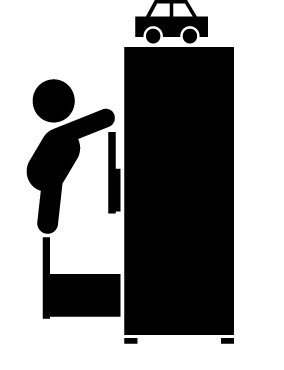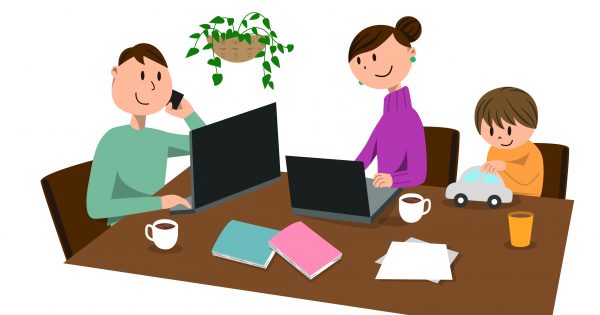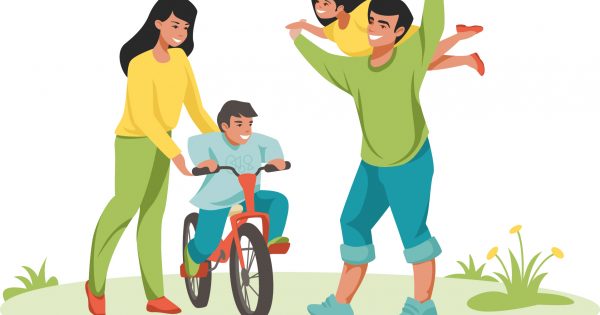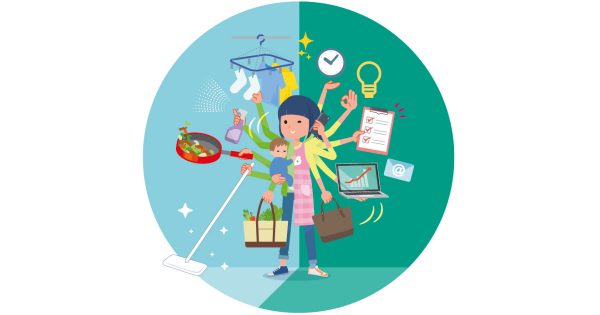The home should be a safe place for children of all ages to relax and enjoy. Yet it contains multiple objects that could be hazardous if left unattended, such as furniture, batteries, medicine, detergents as well as hot and sharp objects.
It’s important that parents and caregivers are properly attuned to the safety of children and provide the necessary supervision by childproofing the home, so common injuries like falls, burns and scalds, poisoning, drowning, strangulation and suffocation can be avoided. Note that at different ages, there will be different things to consider.
Infants (≤ 1 years old)
Safety should be a priority during bath time, bed time and feeding. Babies need full supervision when they are being bathed, and water temperature is important too! Bedding should be kept to a minimum – there’s no need for items such as pillows, comforters, and stuffed toys which could cause suffocation. When babies are transported in cars, be sure to get an age-appropriate car safety seat. Mobility from age 6 months onwards opens up the possibility of falls happening.
Toddlers (1 to 3 years old)
Now that they are able to walk and explore on their own, it’s vital that doorways to the kitchen, bathroom and garden are kept locked. You can install a safety gate to prevent your toddler from walking up and down staircases. Be sure not to leave any medication, detergents and other substances simply lying around the home as that may prove hazardous to children.
Pre-schoolers (4 to 6 years old)
They will need to learn how to cope with traffic, playground equipment and strangers. Even simple things like cycling and swimming can pose dangers. At this stage, children must not just be supervised but also taught how to stay safe. Parents should always be a role model for safe behaviour and give them clear instructions.
Where possible, parents and caregivers should know basic first aid and CPR, so in the event of an emergency, they can be the first responders.
Safety tips around the home:
Bedroom and hall
- Keep appliance cords out of the reach, especially those connected to hot items such as irons, electric kettles, rice cookers or hair dryers
- Never leave an unconnected appliance cord plugged in and switched on (e.g. phone charger)
- Switch off all appliances when not in use
Bathroom
- Install non-slip pads on the shower floor to prevent falls
- Bath time should always be supervised (children can drown in a matter of minutes)
- Keep the toilet seat down and secure with a lock if possible
- Keep soaps and shampoos locked away when not in use
Kitchen
- Keep pot handles turned inwards toward the stove
- Store kitchen utensils appropriately
- Keep flammable objects away from hot surfaces
- Use a baby gate to keep babies and toddlers out
- Have a fire extinguisher ready for emergencies
Front yard
- Store all pesticides and garden equipment safely
- Keep electrical equipment (lawn mower, hedge cutter, etc.) and sharp objects away from reach







Comments